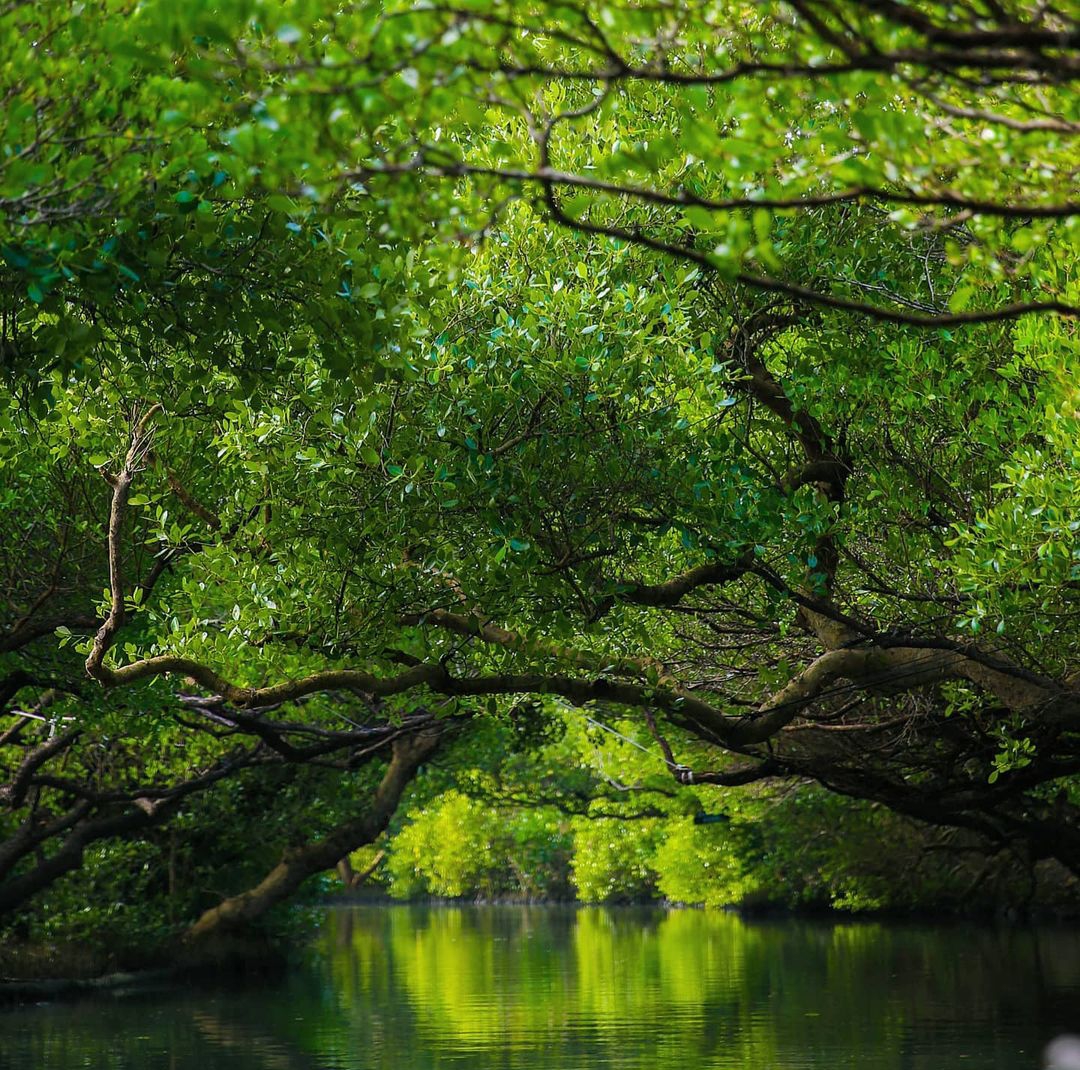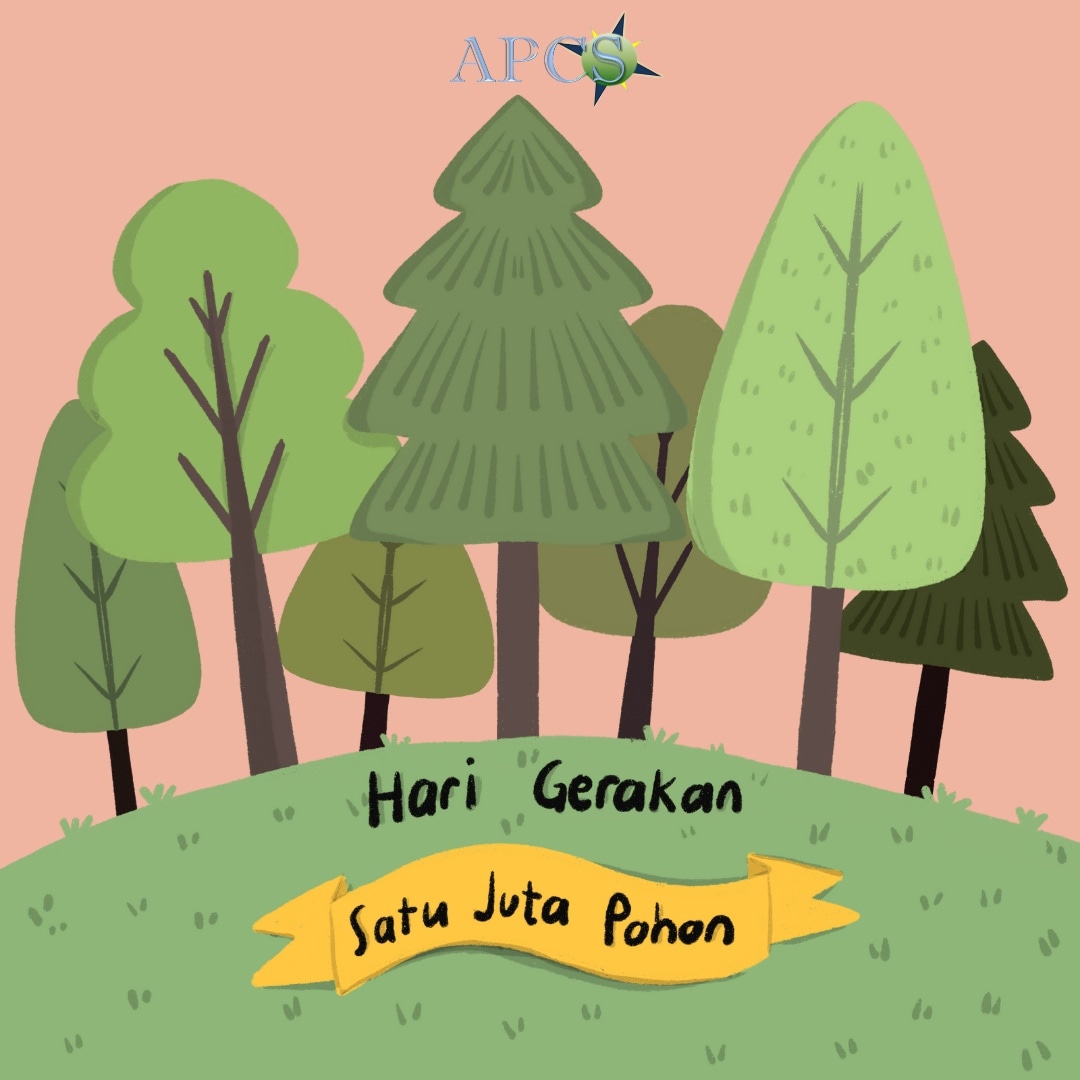
Benefits of Wetlands for Human Life

Today the world has lost 64% of its wetlands since 1900
World Wetlands Day is commemorated every 2 February. This commemoration aims to refresh our memory of the importance of the benefits of wetlands for human future life.
Wetland is an area where the soil is saturated with water, with shallow (partially or completely) waterlogged. These puddles can be permanent or seasonal, in the form of still or flowing water, in the form of fresh water, brackish water, or salt water, and are formed naturally or man-made.
But unfortunately from year to year, the area of ​​wetlands around the world has experienced a significant reduction. Today the world has lost 64% of its wetlands since 1900 and 76% of the population of freshwater animals and plants has also been wiped out in the last 40 years.
What are the benefits of wetlands for the human future? Why is it that humans can "barely" live without wetlands? Let's just look at the seven benefits of wetlands in 'providing' a future for human life.
Filtering Water from Hazardous Wastes.
Human activities produce a lot of hazardous waste. Not a few of these hazardous wastes are then mixed into the water. As a result, water becomes unfit for consumption. Wetlands with various types of plants that grow in them are able to filter and clean water from harmful wastes. Free filtering of water from hazardous waste.
Source of Human Feed.
Rice as a rice producer (staple food for billions of people) grows in rice fields. Various agricultural lands that rely on irrigation channels. Fish, which each person consumes up to an average of 19 kg per year, grows and reproduces in swamps, mangroves, to river estuaries. Rice fields, irrigation, swamps, mangrove forests, to river estuaries are a few examples of wetland areas whose existence supports the availability of food for humans.
Center for Biodiversity.
Wetlands are home to a variety of plant and animal species, the number is even greater than any other area on earth. At least 100,000 freshwater species inhabit wetlands. Millions of water bird species (in Indonesia alone, there are nearly 400 species) depending on the sustainability of wetlands. Not including various other types of animals and plants.
Natural Disaster Protector
Peatlands, swamps, and other types of wetlands can accommodate, absorb, and manage rainwater so that it does not become a flood disaster. Even this ability to accommodate rainwater prevents drought disasters. Plants in mangrove forests can reduce the impact of tsunamis and abrasion due to sea waves. Wetlands can act as a damper for various natural disasters that lurk humans.
Avoiding Climate Change.
Peatlands, a type of wetland, are capable of binding and storing carbon (one of the triggers of climate change) up to 2 times compared to all forests in the world. Wetlands in coastal areas, such as mangroves, can dampen storms and tsunamis.
Living Source for Human
Tens of millions of people depend on fisheries, which are mostly found in wetlands. Various types of construction wood, medicinal plants, animal feed are produced from sustainably managed wetlands.
These seven benefits show how important wetlands are to human life, now and in the future. Until we can imagine how difficult life of creatures on Earth would be if our future was without wetlands. Wetlands for Our Future. Preserve Wetlands for the Future!
Source : Kementrian Lingkungan Hidup dan Kehutanan RI
Other News
-
 APCS Social Support Action; The Beauty of Sharing
APCS Social Support Action; The Beauty of Sharing
-
 How Can We Protect This Earth
How Can We Protect This Earth
-
 A Million Tree International Day
A Million Tree International Day
-
APCS's 10th Anniversary Celebration
-
 Water and Their
Water and Their
-
 Virtual Office Saving The Environment and Business Cost
Virtual Office Saving The Environment and Business Cost
-
 Plastic Pollution
Plastic Pollution
-
 INTERNATIONAL FOREST DAY: A MOMENTUM FOR FOREST FUNCTIONS
INTERNATIONAL FOREST DAY: A MOMENTUM FOR FOREST FUNCTIONS
-
 MANGROVE FOREST EXSISTENCE
MANGROVE FOREST EXSISTENCE
-
 The Famous Kapok Tree from Indonesia
The Famous Kapok Tree from Indonesia
-
 YONGKI IKHTIYANTO AS MANAGING DIRECTOR APCS
YONGKI IKHTIYANTO AS MANAGING DIRECTOR APCS
-
 PT. PANDU MAHA WANA (ASIA PACIFIC CONSULTING SOLUTIONS) AS A NEW MEMBER OF FSC®
PT. PANDU MAHA WANA (ASIA PACIFIC CONSULTING SOLUTIONS) AS A NEW MEMBER OF FSC®
-
 Welcoming FSC® Asia Pacific Policy Manager To Be Located In Indonesia
Welcoming FSC® Asia Pacific Policy Manager To Be Located In Indonesia
-
 Regional Consultation for Asia-Pacific: Guidelines for the Sustainable Management of Production Forests in Tropical Countries through Forest Concessions in the Context of Agenda 2030
Regional Consultation for Asia-Pacific: Guidelines for the Sustainable Management of Production Forests in Tropical Countries through Forest Concessions in the Context of Agenda 2030
-
 FRESH AIR BECOME MORE “EXPENSIVE†BECAUSE OF CARBON, WHY?
FRESH AIR BECOME MORE “EXPENSIVE†BECAUSE OF CARBON, WHY?
-
 Premier Asian Event for Pulp, Paper, Board, Packaging, Print and Corrugated Industries 2016
Premier Asian Event for Pulp, Paper, Board, Packaging, Print and Corrugated Industries 2016
-
 Asia-Pacific Forestry Week (APFW) 2016
Asia-Pacific Forestry Week (APFW) 2016
-
 APHI- TBI International Trade Event 2016 “Indonesian Tropical Hardwood – Sustainable, Quality, Guaranteed “
APHI- TBI International Trade Event 2016 “Indonesian Tropical Hardwood – Sustainable, Quality, Guaranteed “
-
 APCS Celebrates 5 Year Anniversary!
APCS Celebrates 5 Year Anniversary!
-
 Fight Peat Fire With Peat FireX
Fight Peat Fire With Peat FireX
-
 FSC certification yields financial benefits for tropical forest businesses, shows new WWF report
FSC certification yields financial benefits for tropical forest businesses, shows new WWF report
-
 Peat Destruction, Soil Subsidence and Flooding in South East Asia
Peat Destruction, Soil Subsidence and Flooding in South East Asia
-
 APCS experienced the adventure!
APCS experienced the adventure!
-
 Rimba Raya Conservation Audit 2015
Rimba Raya Conservation Audit 2015
-
 Recent News - January 2015
Recent News - January 2015
-
 APCS's High Conservation Value Identification for APP: World's Largest and Most Complex Assessment
APCS's High Conservation Value Identification for APP: World's Largest and Most Complex Assessment